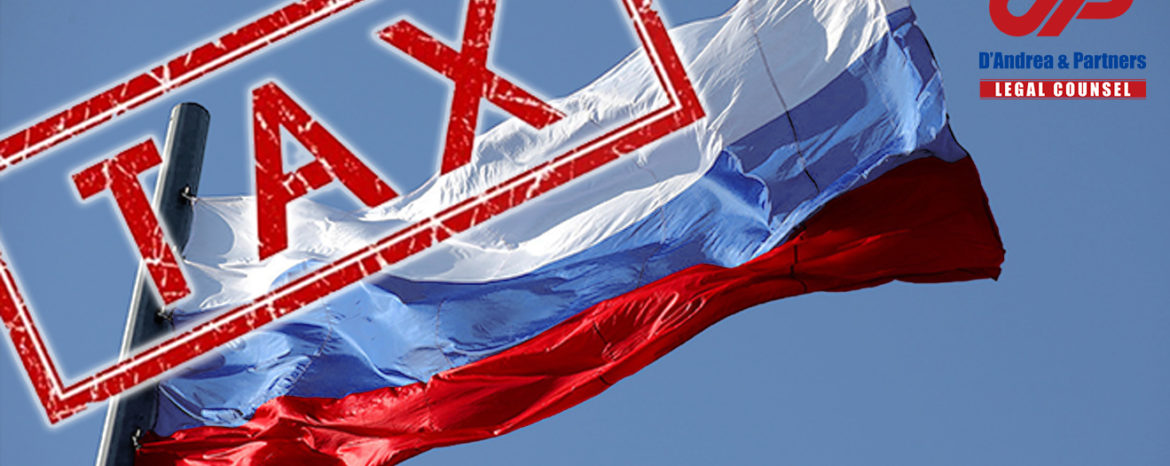On June 14, 2018, Russian Prime Minister Dmitry Medvedev announced at a government meeting a plan to raise the VAT rate in Russia from 18% to 20%. These changes will presumably come into force on January 1, 2019 and will be aimed at increasing revenues to the budget in order to finance new social programs. In this article we will describe in more detail the conditions of this increase and its possible consequences.
The aim of these changes
As noted earlier, the central task of the VAT rate increase is connected to the attraction of larger amounts of money to the federal budget of Russia. According to preliminary estimates for the full implementation of the previously adopted social programs, the Russian budget does not have enough funds. The increase of the VAT rate, according to preliminary experts’ estimation, will help to attract about 620 billion rubles, which, of course, will not be enough to fully cover the existing costs, but in this sense the general population will not feel as affected by the tax increase (compared to an increase on personal income tax or the introduction of a sales tax, etc.).
What is the VAT increase and its implications
According to the current legislation, VAT in Russia is taxed at rates of 0%, 10% and 18% (paragraphs 1-3 of article 164 of the Tax Code). The size of the tax rate applied in each case depends on the type of goods (works, services), customs procedure and the moment of the determination of the tax base. At the same time, for rates of 0% and 10% there is a clear list of situations when they may be applied, while the rate of 18% is used in all other cases.
According to the new bill, the cost of so-called socially important goods (for example, food, medicine and other goods in this regard) will not be drastically altered, as they will continue to be subject to the rates of 10% and 0%. Its cost increase will only be associated with a rise in the price of additional related services, such as delivery, etc. The price of expensive goods may also be changed, as they have a higher markup in absolute terms.
Although the future of the bill discussed in this article isn’t quite clear, it will obviously be of great importance for the further development of the Russian economy.
D’Andrea & Partners will continue to keep you informed. If you are interested in the VAT or other tax issues in the Russian Federation, please contact us via info@dandreapartners.com.


